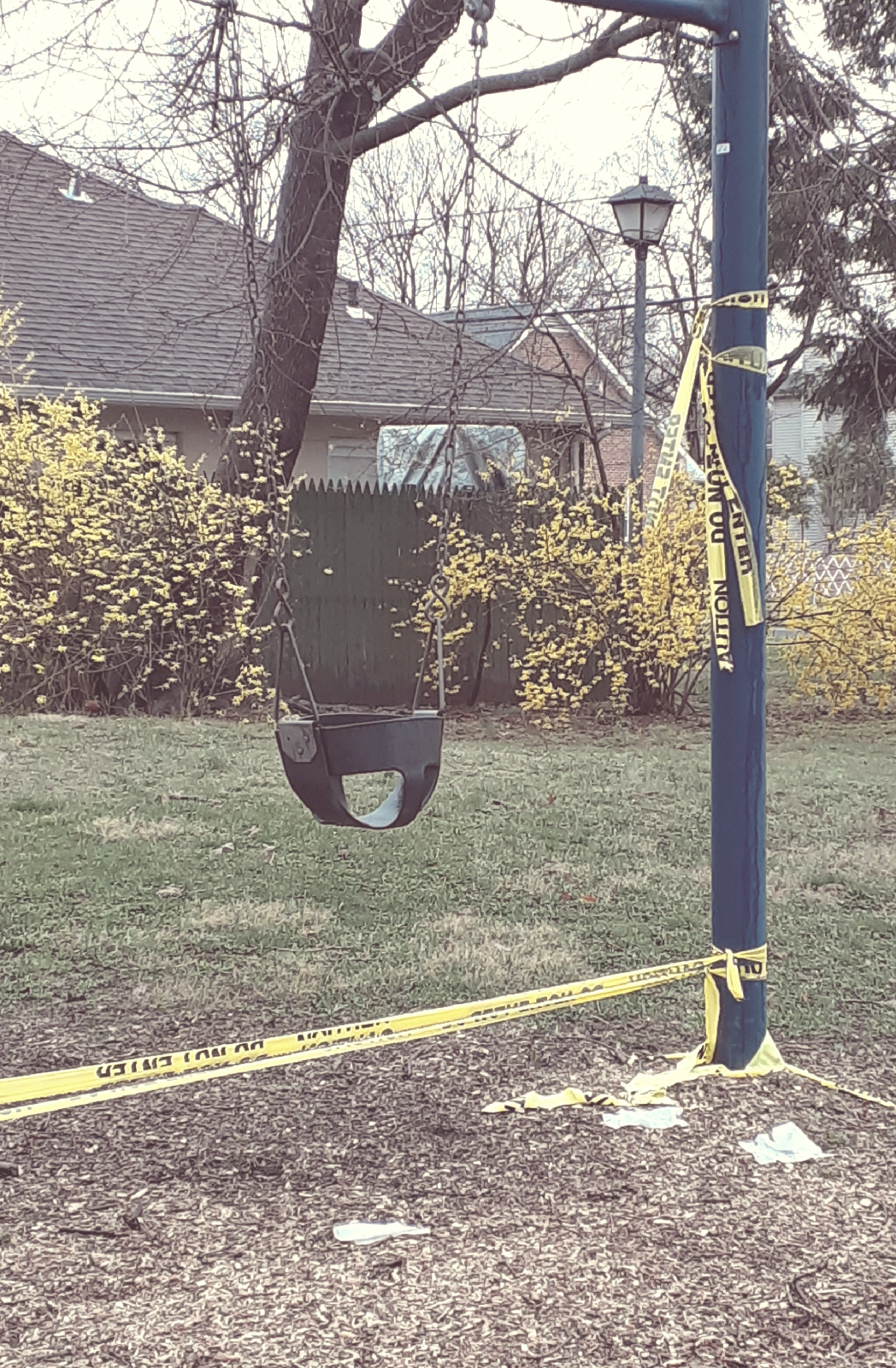The Psychology of Masks: A Guest Submission
I woke today to a message that had arrived in the early hours of the morning. A photo. No description, no additional context, just a photo of a masked face standing in the dark hours of the night in front of my home. I've adjusted the lighting on it slightly, the original even darker, the form barely even visible under the glow of the one upstairs room. Is it menacing? Playful? As with any art, we will each take our own, individual message from this -- a message framed in our experiences, our knowledge, our expectations, and our biases -- and interpret it uniquely. (Let me just assert right now that I LOVE this photo. Wholeheartedly.)
But this photo also speaks to something larger as we are all masked these days. And with this comes a new adaptation to our relationships with people. On their approach, how are we to assess now -- friend or foe? -- when we cannot access all of the information we would otherwise use. Social psycholoogist Vanessa van Edwards (see her brilliant Ted Talk) suggests hands are actually our evolutionary cue to assessing people's intent over facial features and yet I find myself desperately seeking smiles, crow lines of wrinkles in gauging the people around me.
This global social psychological event we have all been thrust into has also revealed the hypocrisies and injustices rampant around us. How current was (is!!) the backlash against devout Muslim women for wearing a niqab? There have been not only social ramification to the religious dress but legal ones, as well.
For my own Social psychology students, I share a Facebook post for them to discuss and dissect, posted about a year ago by a woman in our small town to the town's Facebook page. It included the photo of a man, seated at the local train station, a bandanna covering his face. The woman noted in her post, with uninhibited dissatisfaction that she had alerted the transit police but they refused to do anything about the man. Her post was clearly an effort to solicit support for her thin slice judgments of this man. Surely is a danger, right? RIGHT? What must he be hiding to be wearing a mask like that? Festinger tells us, after all, that one way to alleviate the psychache that arises with cognitive dissonance is to recruit! If you can get others to subscribe to your irrational thoughts, if you don't have to fester is your absurdity alone, then the consonance is restored. And she found her consonance in the people of our town, many of whom jumped on in support of her impressions of bad/ dangerous/ imbalanced. Because of a mask.
And finally, the psychology of the mask does not apply equally to all. Even now, as the health of all of our friends and family are on the line, we are not all offered the same social considerations. The virus has hit the Black community particularly hard. In an address last week, Chicago mayor Lori Littlefoot offered the startling statistics for her city. While Blacks comprise 29% of the city's population on whole, they make up 72% of virus related deaths and 52% of reported cases. In her words, "We are not all experiencing this crisis in the same way." Already struck by unequal supports and services, the psychological imbalance was revealed strikingly by a video that went viral in the same week. The video, taken from a cell phone of a Black man in Wood River, Illinois, shows him and a friend -- both who were wearing surgical masks -- being followed throughout a Walmart by a police officer. The officer eventually confronts the two men and tells them that ordinance prohibits the use of face coverings in businesses. (Full details on the story, including the police department's response to the incident can be found here.)
Let me say once again: I LOVE this photo.
Approaching it with my knowledge and experience and bias, it fills me with love and warmth. But that the possibility exists for other's interpretations of its message to be jarringly different was a lesson so very necessary to explore. Especially now. This photo - which means so very much to me -- was the opportunity to remind us all to -- as I tell my Psychology students ad nauseam -- to turn on your conscious processing mind; take the time to effortfully understand where your beliefs, attitudes, and behaviors stem from. Especially now.



Comments
Post a Comment